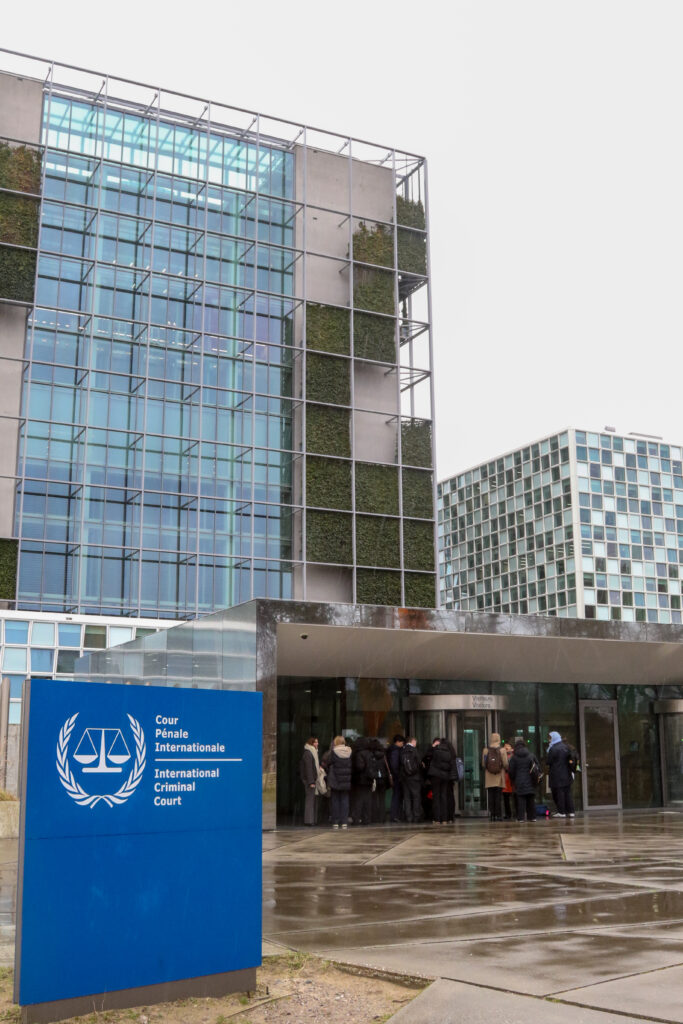Beyond the Algorithm: Human Connections in the AI Debate
By Jina Song
Photography by Anna Plunkett
It’s often at your fingertips. One prompt carries the answers to your agenda, your homework, your essay thesis, and more. But the allure of artificial intelligence is sobered by the looming risk of being caught or failing your tests. For students attending THIMUN, these pressing issues directly impact their futures. Innovations like deepfakes are emerging as poignant threats to security and privacy. While many committees are featuring artificial intelligence-centered issues, the Special Conference on Artificial Intelligence (SPC) is notably dedicated to finding solutions for artificial intelligence issues. As a 100+ delegation committee, the blend between MEDC and LEDC perspectives is quickly making strides. Olivia Kim, the Deputy President of SPC Sub-Commission 2 expressed her initial worry that delegates might be a little shy at first. “But throughout the opening speeches and resolutions,” Olivia said, “delegates were really passionate about the issues.”
After lobbying, the committee has already compiled numerous resolutions on their agendas. “The resolutions from the LEDC countries especially are making our committee think a lot about how artificial intelligence will need to be distributed . . . equitably,” says Izzet Aras Aksoy, the Deputy President of SPC Sub-Commission 2. “The issues and potential of artificial intelligence to bring economic and social development are really important here.” He looks forward to the blend of perspectives throughout the week. About the issue of using artificial intelligence, Izzet says that delegates seem to be “using artificial intelligence responsibly, mostly for without any direct ChatGPT usage.” Using artificial intelligence has become an indispensable reality. Beyond finding issues with artificial intelligence, delegates have emphasized human connections through frenzies of friendly note-passing.
Trailing to the real workplace, artificial intelligence cannot cross where human empathy transverses. According to Mr. Joseph Kukulu from the ICC translation team, “Artificial intelligence has revolutionized translations as useful tools, but humans are still critical in portraying emotions when talking with the victims. If [the victim] was crying, as a human, you transmit feeling . . . Artificial Intelligence cannot transmit feelings.” Ultimately, human compassion becomes the cornerstone of human workers all over the world. Moreover, the ICC has “little security control for confidential material” with artificial intelligence. Reliability and privacy remain a key artificial intelligence limitation.
Ultimately, the debate on Artificial Intelligence carries across our futures. Through equitability, protecting human values, and prioritizing communication, we could pave a coexistence with responsible Artificial Intelligence.









